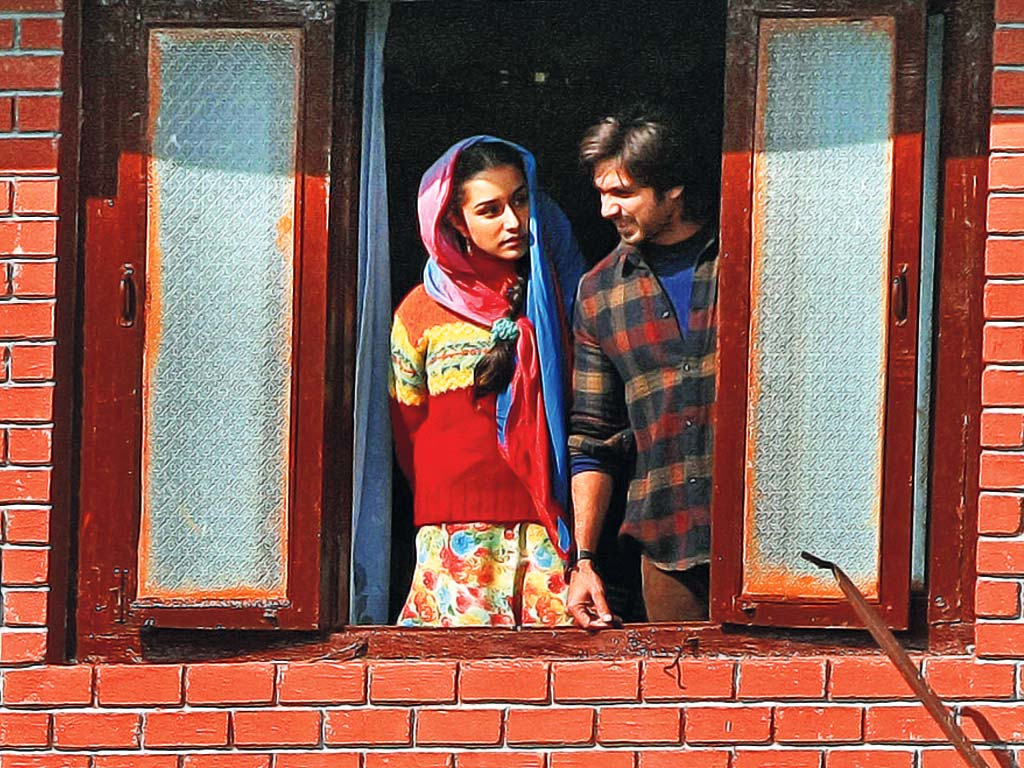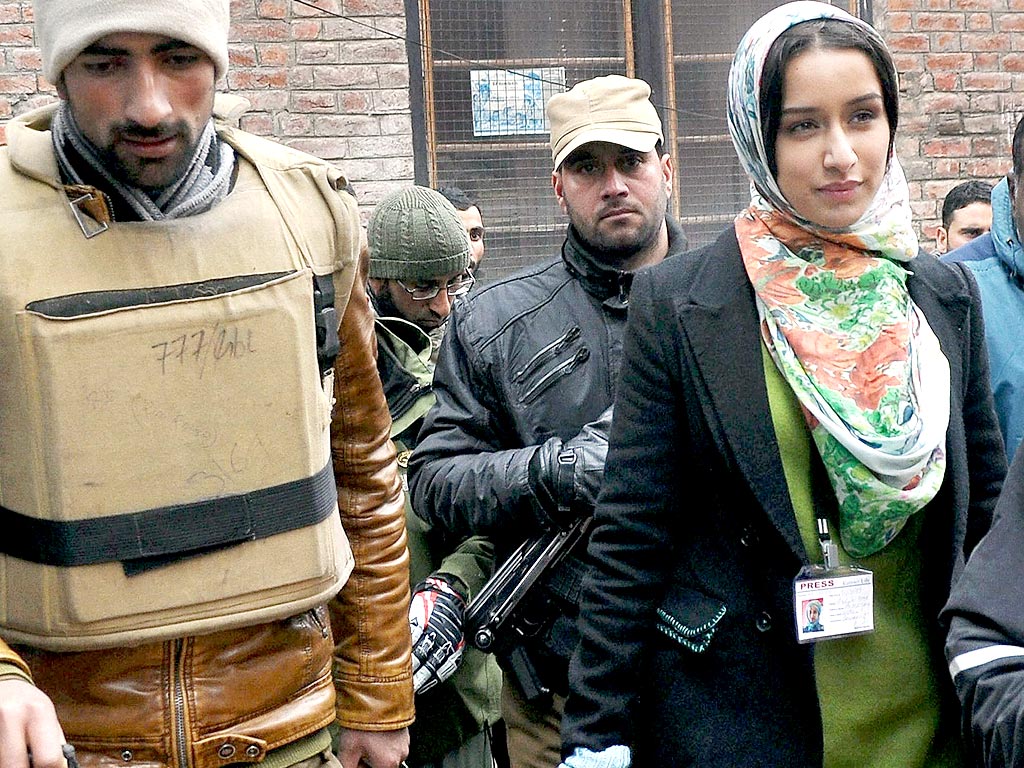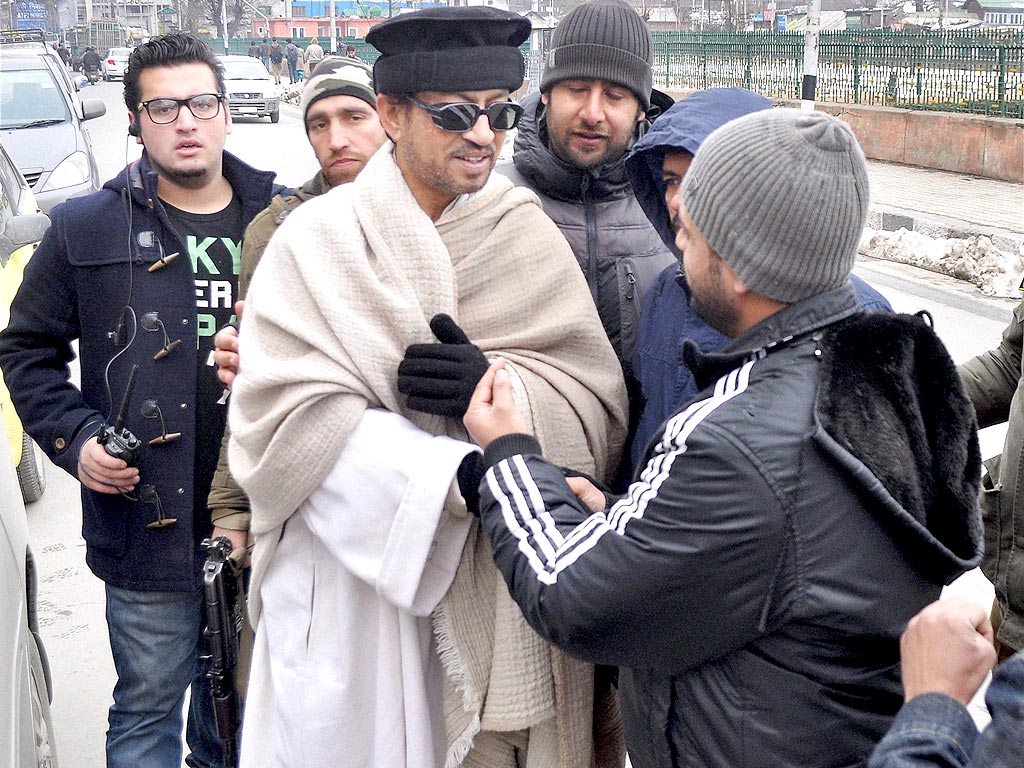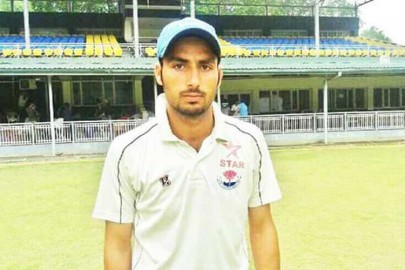
“If I die and go to heaven, I’ll put the name of Star Eleven on golden star, So that angels can see, How much Star Eleven means to me,” read a Facebook post from Nayeem Bhat.
He wrote it in 2014. Now, that ‘if’ is a reality. Nayeem is dead. He won’t represent Star Eleven – a cricket club in north Kashmir’s Handwara town – any more. His all-round brilliance is history. A bullet has silenced the face of cricket in Handwara forever.
Nayeem, a 21-year-old allrounder, had a dream. A cricketing one. Make it big in the sport. Play with the best. Play for Jammu & Kashmir. Maybe, someday, play for India. Like many youngsters in this part of the world, his room was dotted with the posters of cricket stars. Virat Kohli and Parveez Rasool, now team-mates at Royal Challengers Bangalore, featured prominently.
Nayeem played the sport with passion, doing everything to improve his game. He didn’t hesitate to travel 60 kilometres to Srinagar, the state’s cricket capital, to rub shoulders with the who’s who of Kashmir cricket. The men that matter acknowledged his talent. Kashmir Gymkhana, one of the premier clubs affiliated with the Jammu and Kashmir Cricket Association, recruited him to play for them. One small step towards realising his ambition. But his journey had a terrible end. A dream to be weaved with bat and ball was shattered by a bullet – another instance of cricket and conflict being intertwined in Kashmir.
Nayeem’s death has left the cricketing community in Kashmir in a state of mourning, for his team-mates and coaches believed he had all the ingredients to be a ‘perfect allrounder’. Nayeem, his coaches said, had a repeatable action and his height gave him lift off the deck at pace decent enough to trouble the batsmen. He was also good enough as a batsman to play in the middle order for the teams he represented during his short career.
Nayeem’s cricketing journey coincided with that of Akeel Ahmad, his childhood friend and an Under-19 player for J&K. For Akeel, Nayeem was a rival on the cricket field, but best buddy off it. The duo was on a mission: to make otherwise neglected Handwara part of the cricketing landscape.
Nayeem and Akeel were together just half an hour before they were separated forever. Before the fateful moment, they were busy doing what they often did when not playing cricket: photography. Done with their session, Akeel said, they went to the market. Suddenly, an assembly of protesters caught their attention.
Nayeem was called by his brother, a journalist, asking for a camera. “I left the spot and after sometime got to know Nayeem was hit by a bullet,” said Akeel. “I couldn’t believe it.”
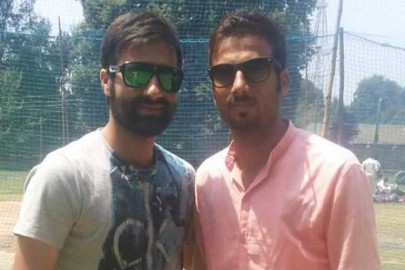
Akeel told Wisden India that he was in awe of Nayeem’s work ethic and passion. “Nayeem would play for Star Eleven, and I played for Handwara Cricket Club. We used to play against each other very often. Nayeem was someone I have known closely. He was my fiercest rival on the field, but we were buddies off it,” he said.
“We would discuss cricket more often than not. He wanted to improve all the time. He had his eyes on top-flight cricket. He was very keen on his fitness, and would train hard. I am shattered by his death. I don’t know how to cope with his loss. This is a huge loss to cricket, and Handwara town in particular. He was trying his best to give our town a cricketing name.”
Nayeem’s coaches remember him as someone who didn’t hesitate to ask questions about his game. Manzoor Ahmad Dar, coach of Kashmir Gymkhana Club, was impressed with what he saw of his young charge. “Nayeem was a very humble and down-to-earth cricketer and he took his game seriously,” Dar told a daily. “Nayeem was a dedicated cricketer and would come all the way to Srinagar from Handwara to practice and train. He had skill and the temperament to improve all the time. We are in complete shock over his death.”
Nayeem’s death has social networking sites abuzz, with Kashmiris expressing their sorrow and sadness.
The young allrounder had a brush with franchise-based Twenty20 cricket, playing two seasons for Srinagar’s Pride Riders in the Downtown Champions League. Mubashir Hassan, a coach licensed by the Board of Control for Cricket in India, is a mentor of the team. Hassan is understandably devastated by the death of his talented ward, who called him often for tips. Nayeem wouldn’t mind calling him on his phone for tips, remembered Hassan.
“Nayeem had a bright future and promising career ahead,” he told Wisden India. “He was a keen learner and I had high hopes of him. He had that hunger and passion that impressed one and all. This will have a huge impact on the players who have played with and against Nayeem. They will be mentally scarred, and it will take them some time to come out of it.”
His parents used to call him Gavaskar, while some of his friends compared him to Martin Guptill, the New Zealand opener. On Tuesday (April 12), a bullet claimed Star Eleven’s brightest star. Hopefully, the angels will realise what his local side and the game of cricket meant to Nayeem.
